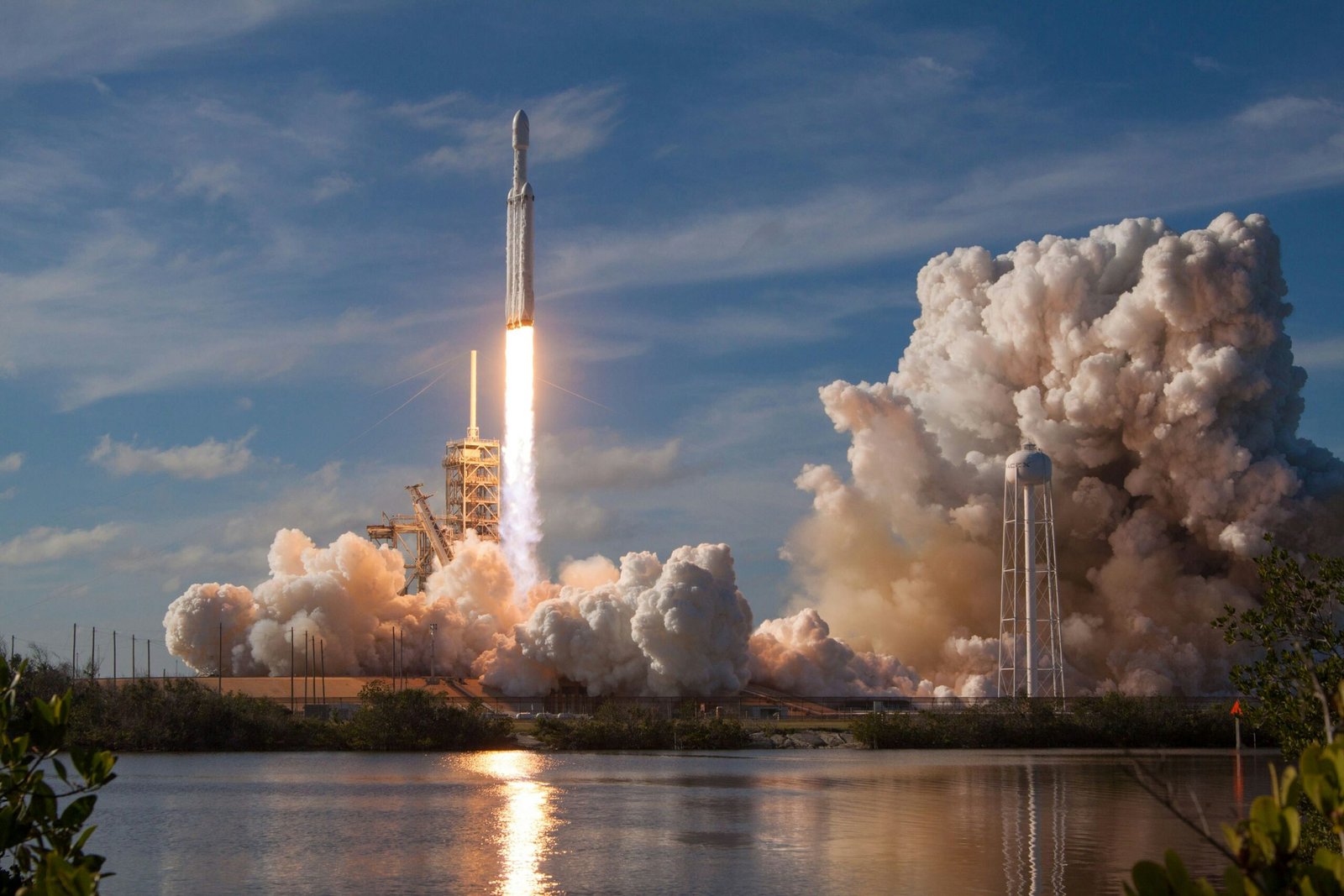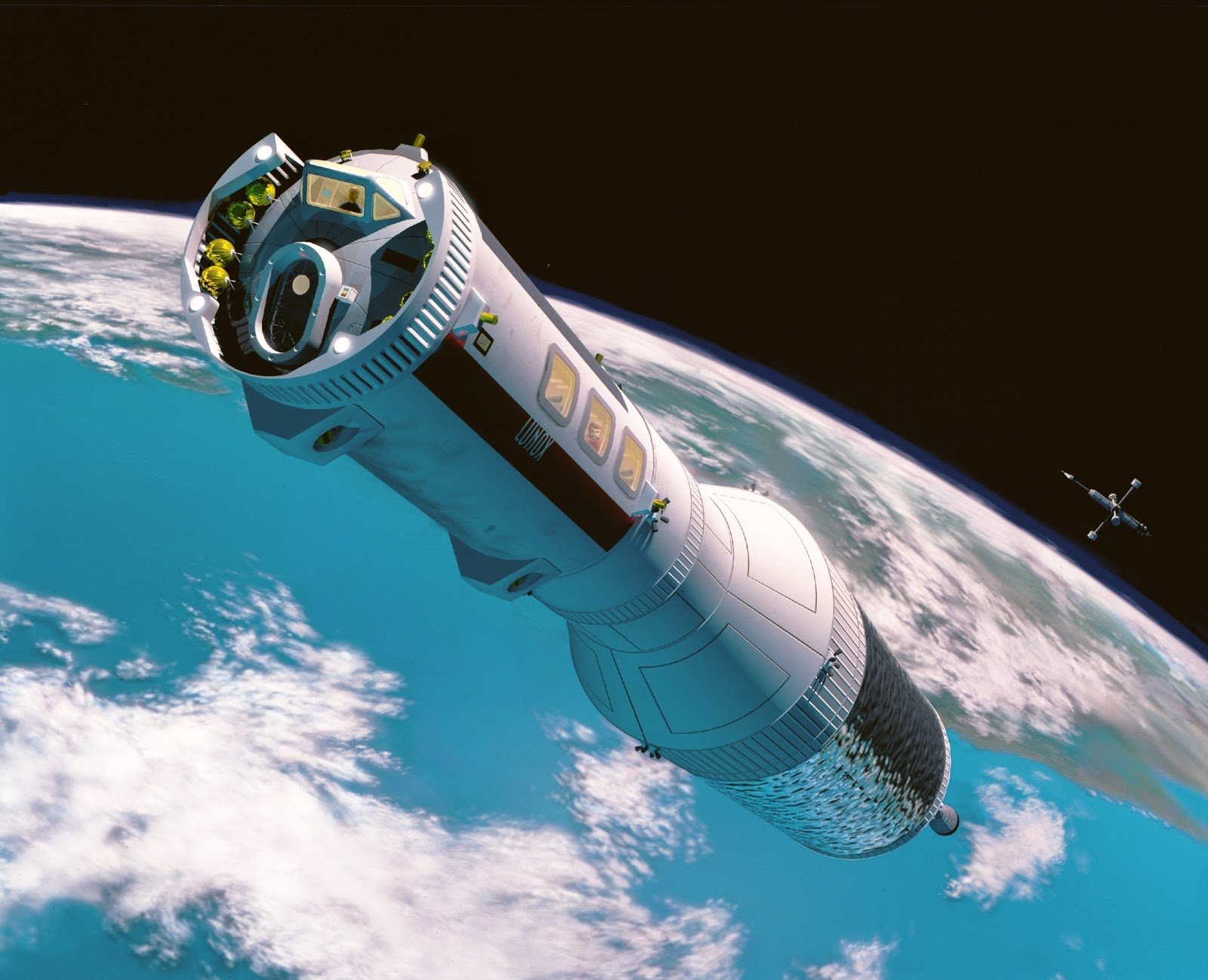
Exploring the Unknown
One of the most intriguing aspects of space exploration is the opportunity to venture into the unknown. As we continue to push the boundaries of our understanding, we are constantly discovering new and fascinating phenomena in the vast expanse of the universe. From the mysteries of black holes to the possibility of extraterrestrial life, the exploration of space offers endless possibilities for scientific discovery.
In 2024, we can expect to witness groundbreaking research initiatives that will revolutionize our understanding of the cosmos. Scientists and researchers will be equipped with state-of-the-art telescopes and space probes, allowing them to delve deeper into the mysteries of the universe. These advancements will enable us to study distant galaxies, observe celestial bodies in unprecedented detail, and gather invaluable data that will shape our understanding of the cosmos.
Unveiling the Secrets of the Solar System
The year 2024 will also mark significant progress in our exploration of our own solar system. With ongoing missions to planets such as Mars, Jupiter, and Saturn, we are on the brink of uncovering remarkable secrets about these celestial bodies. Through the use of rovers, landers, and orbiters, we will be able to study the geology, atmosphere, and potential for habitability of these planets in greater detail than ever before.
One of the most anticipated missions in 2024 is the Artemis program, led by NASA. This ambitious initiative aims to return humans to the Moon and establish a sustainable presence there by 2024. The Artemis program will not only serve as a stepping stone for future crewed missions to Mars but also allow scientists to conduct groundbreaking research on the lunar surface. This research will provide valuable insights into the Moon’s geology, resources, and potential for supporting human life.
Commercial Space Travel
In addition to scientific research, the year 2024 will witness significant advancements in commercial space travel. Companies like SpaceX, Blue Origin, and Virgin Galactic are revolutionizing the way we perceive space tourism. With their innovative spacecraft and reusable rocket technology, these companies are making space travel more accessible and affordable for the general public.
In 2024, we can expect to see the first commercial spaceflights taking place, allowing individuals to experience the awe-inspiring views of Earth from space. These space tourism ventures will not only provide a unique and unforgettable experience for those fortunate enough to participate but also contribute to the growth of the space industry as a whole. The revenue generated from space tourism will fuel further advancements in technology and enable more ambitious missions in the future.
Advancements in Technology
One of the key factors driving the accessibility of space exploration is the rapid advancements in technology. In recent years, we have witnessed remarkable progress in various fields such as rocket propulsion, satellite technology, and robotics. These advancements have not only made space travel safer and more efficient but have also paved the way for groundbreaking research and exploration beyond Earth.
Rocket propulsion, for instance, has seen significant improvements. Traditional chemical rockets, while effective, have limitations in terms of fuel efficiency and payload capacity. However, with the emergence of new technologies such as electric propulsion and ion engines, the efficiency of space travel has dramatically increased. These advanced propulsion systems utilize electric or magnetic fields to accelerate charged particles, resulting in higher speeds and reduced fuel consumption. With these advancements, spacecraft can now travel longer distances with less fuel, opening up new possibilities for deep space missions.
Satellite technology has also seen tremendous growth. Satellites play a crucial role in space exploration, providing communication, navigation, and remote sensing capabilities. With advancements in miniaturization and the development of small satellites, known as CubeSats, the cost and complexity of launching satellites into space have significantly decreased. This has allowed for a proliferation of satellite constellations, enabling more comprehensive coverage of Earth and facilitating scientific research in areas such as climate monitoring, disaster management, and biodiversity conservation.
Furthermore, the field of robotics has revolutionized space exploration. Robotic explorers, such as rovers and landers, have been instrumental in gathering data and conducting experiments on celestial bodies like the Moon and Mars. These robots are equipped with advanced sensors, cameras, and manipulators, allowing them to navigate challenging terrains and perform intricate tasks. The development of autonomous systems and artificial intelligence has further enhanced their capabilities, enabling them to make real-time decisions and adapt to changing environments. Robotic missions have not only provided valuable scientific insights but have also paved the way for future human exploration by testing technologies and conducting reconnaissance.
In addition to these advancements, the convergence of technology from other fields has also contributed to the accessibility of space exploration. For example, advancements in materials science have led to the development of lightweight and durable materials that can withstand the harsh conditions of space. Similarly, advancements in computing power and data analysis have enabled scientists to process vast amounts of information collected from space missions, leading to new discoveries and insights.
Overall, the rapid advancements in technology have revolutionized space exploration, making it more accessible and enabling us to push the boundaries of our knowledge about the universe. With continued innovation and collaboration, we can expect even more exciting breakthroughs in the future, opening up new frontiers and expanding our understanding of the cosmos. With the increasing involvement of private companies in space research, there is a growing emphasis on commercializing space exploration. This shift in focus has led to the rise of space tourism, where individuals can now pay to experience the wonders of space firsthand. Companies like Virgin Galactic and SpaceX are already offering tickets for suborbital flights, giving ordinary people the opportunity to become astronauts for a brief period.
The emergence of space tourism not only provides a unique experience for individuals but also creates new opportunities for scientific research. As more people venture into space, scientists can gather valuable data on the effects of space travel on the human body, furthering our understanding of long-duration space missions. Additionally, the influx of private funding into the space industry allows for more ambitious projects and experiments that were previously hindered by budget constraints.
Moreover, the advancements in reusable rockets and spacecraft by companies like SpaceX and Blue Origin have revolutionized the field of space research. The ability to launch, land, and reuse rockets significantly reduces the cost of space travel, making it more accessible to researchers and scientists. This affordability has paved the way for smaller organizations and even universities to participate in space experiments and missions, democratizing access to the vast possibilities of space exploration.
Furthermore, the development of new technologies and instruments for space research is expanding the frontiers of our knowledge. From advanced telescopes and spectrometers to robotic rovers and landers, these innovations are enabling scientists to explore celestial bodies in unprecedented detail. For instance, the upcoming Europa Clipper mission by NASA aims to study Jupiter’s moon, Europa, for signs of habitability and potential life. With its suite of state-of-the-art instruments, the spacecraft will conduct detailed observations and analysis, providing valuable insights into the potential for extraterrestrial life.
In conclusion, the year 2024 holds immense promise for space research, with a multitude of new opportunities on the horizon. From the launch of the James Webb Space Telescope to the continued scientific endeavors on the International Space Station, the future of space exploration is bright. With the involvement of private companies and the commercialization of space travel, we can expect a surge in scientific discoveries and breakthroughs that will reshape our understanding of the universe and our place within it. In addition to the advancements in space travel, the year 2024 holds even more exciting prospects for those who are eager to venture beyond Earth’s atmosphere. The Artemis program, led by NASA, is undoubtedly one of the most notable developments in this regard. With a goal to return humans to the Moon by 2024, Artemis is not only focused on scientific exploration but also on establishing a sustainable human presence on our celestial neighbor. This program is a significant step forward in our quest to explore the unknown and sets the stage for future missions to Mars and beyond.
While NASA is leading the charge in lunar exploration, private companies are also making remarkable strides in the field of space tourism. Virgin Galactic, for instance, has set its sights on launching its first commercial spaceflight in 2024. This groundbreaking endeavor will give tourists the opportunity to experience weightlessness and witness the Earth from the vantage point of space. The idea of space tourism has long been a dream for many, and with Virgin Galactic’s upcoming launch, it is becoming a reality. This marks a significant milestone in the democratization of space travel, as it opens up the possibility for a wider audience to partake in this extraordinary experience.
Moreover, the concept of space hotels, which was once confined to the realm of science fiction, is now becoming a tangible possibility. Companies like Orion Span and Axiom Space are actively working towards building commercial space stations that will serve as luxury accommodations for tourists. These space hotels will not only provide a unique and unparalleled experience for those seeking the ultimate adventure but also offer a chance to witness the beauty of our planet from a completely different perspective. Imagine waking up in a cozy sleeping pod, surrounded by the vastness of space and gazing out of a window at the Earth suspended in the darkness. It is a vision that captures the imagination and promises an unforgettable journey.
In conclusion, the year 2024 holds tremendous promise for space travel beyond Earth. With the Artemis program aiming to return humans to the Moon and private companies like Virgin Galactic making space tourism a reality, we are entering a new era of exploration and adventure. The prospect of space hotels further adds to the excitement, offering an unprecedented experience for those who wish to go beyond the boundaries of our planet. As we look ahead, the possibilities for space travel seem limitless, and the wonders of the universe await those who dare to venture into the unknown.



































